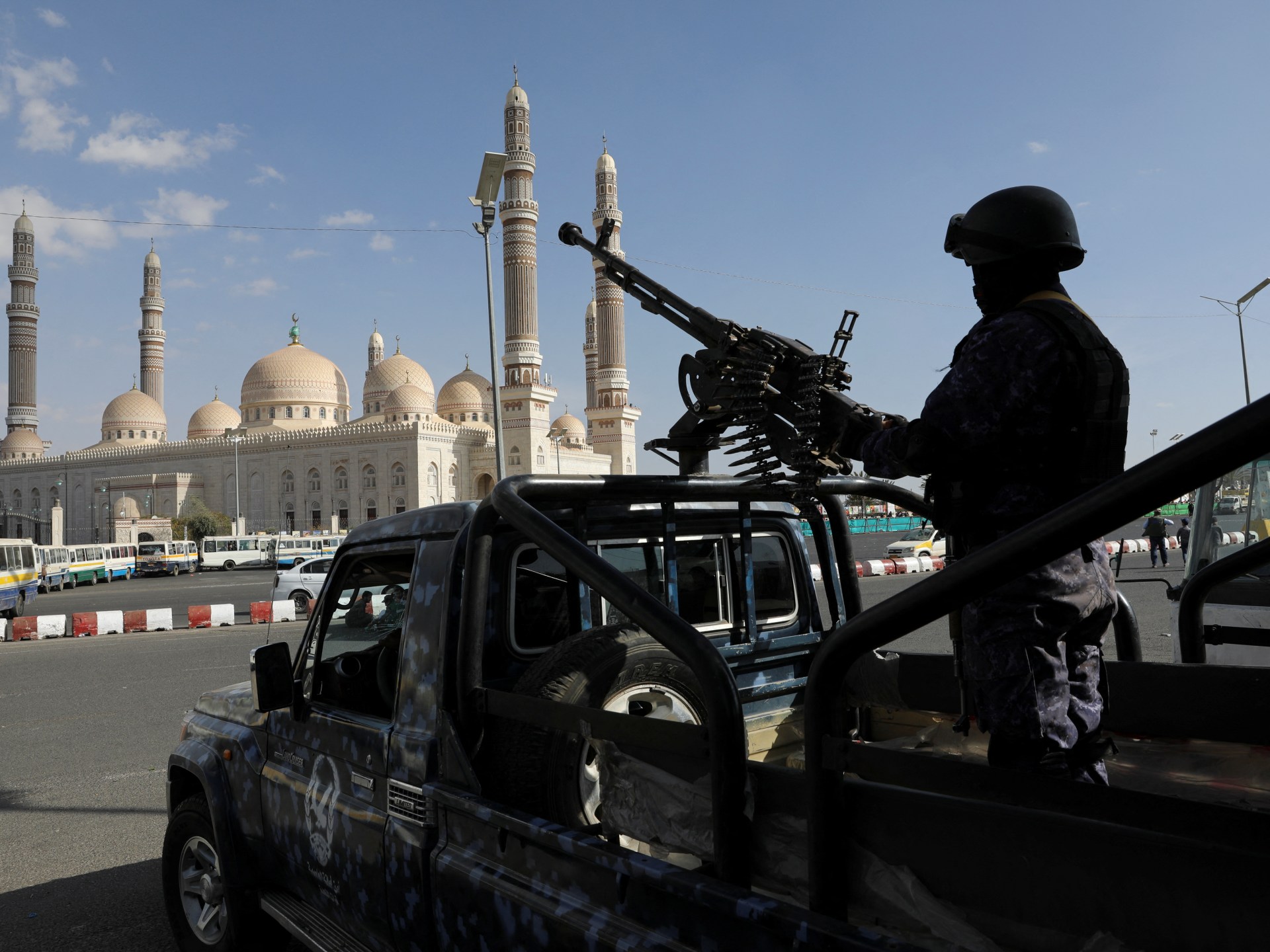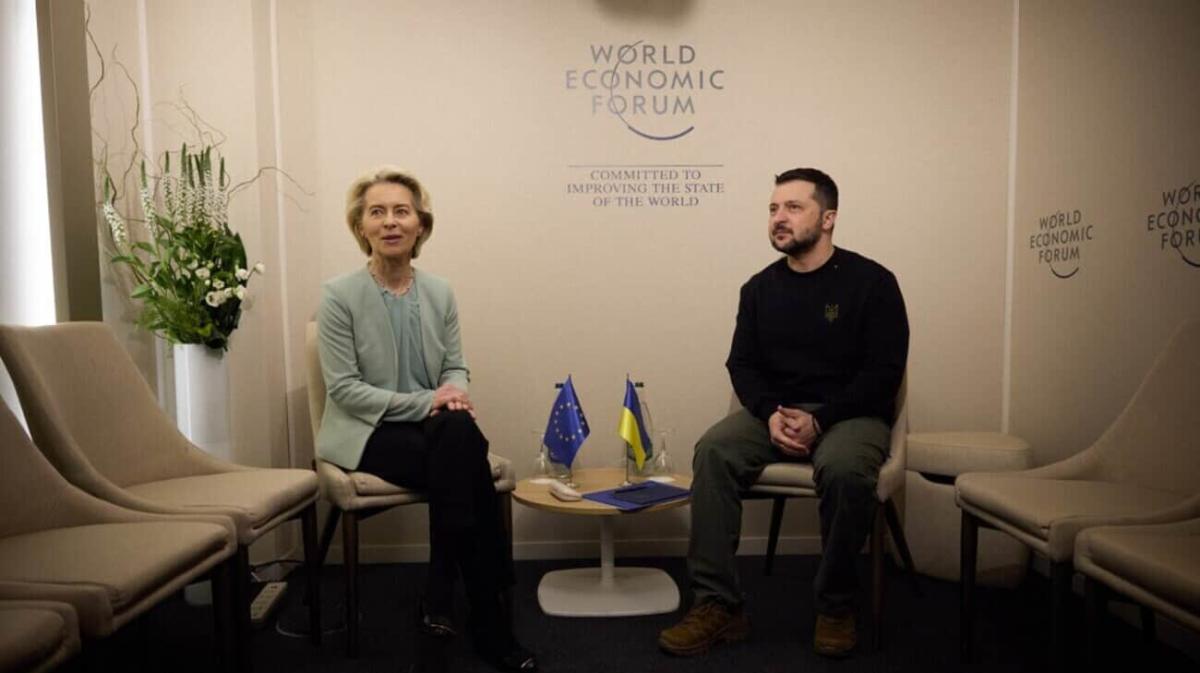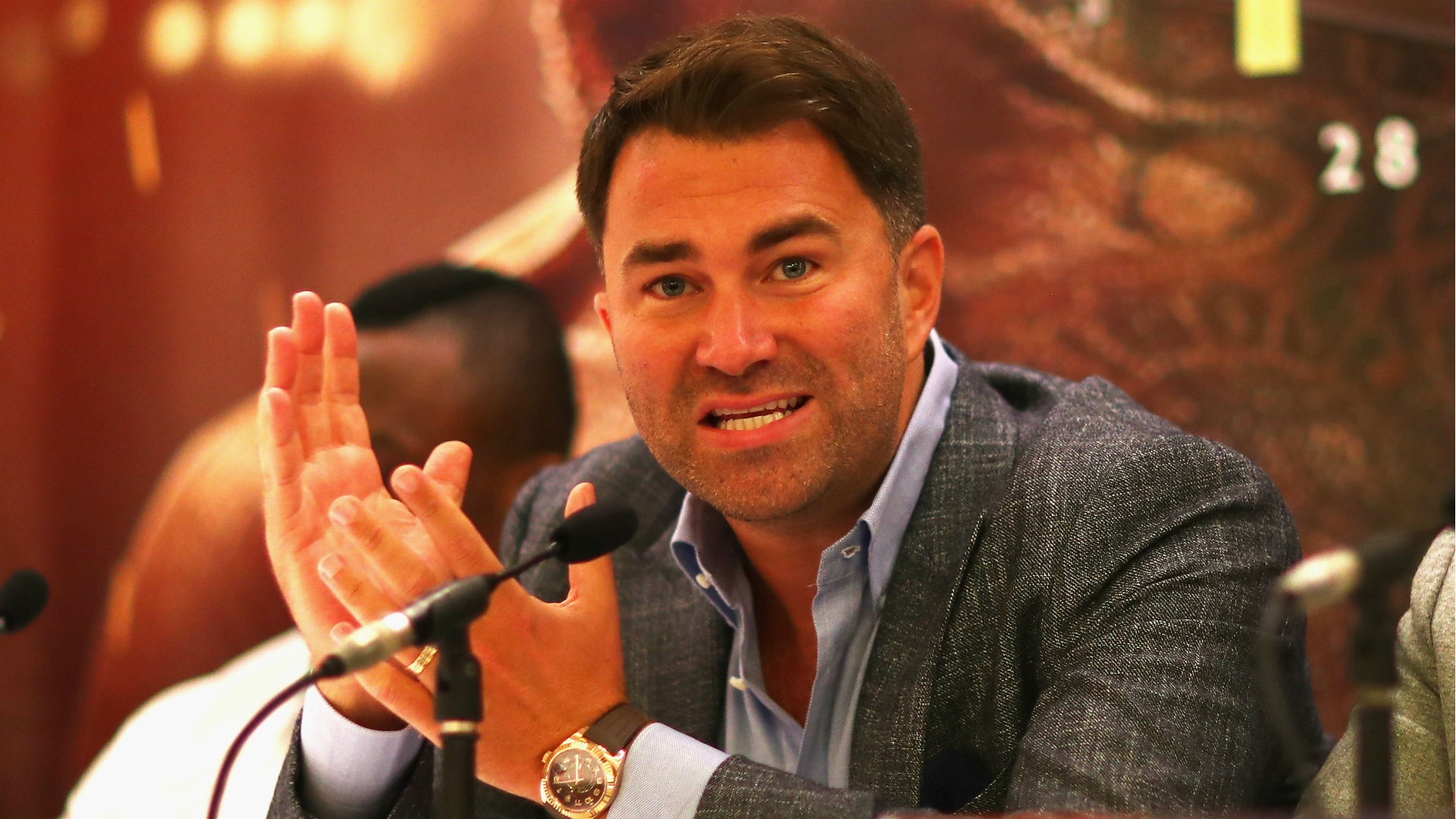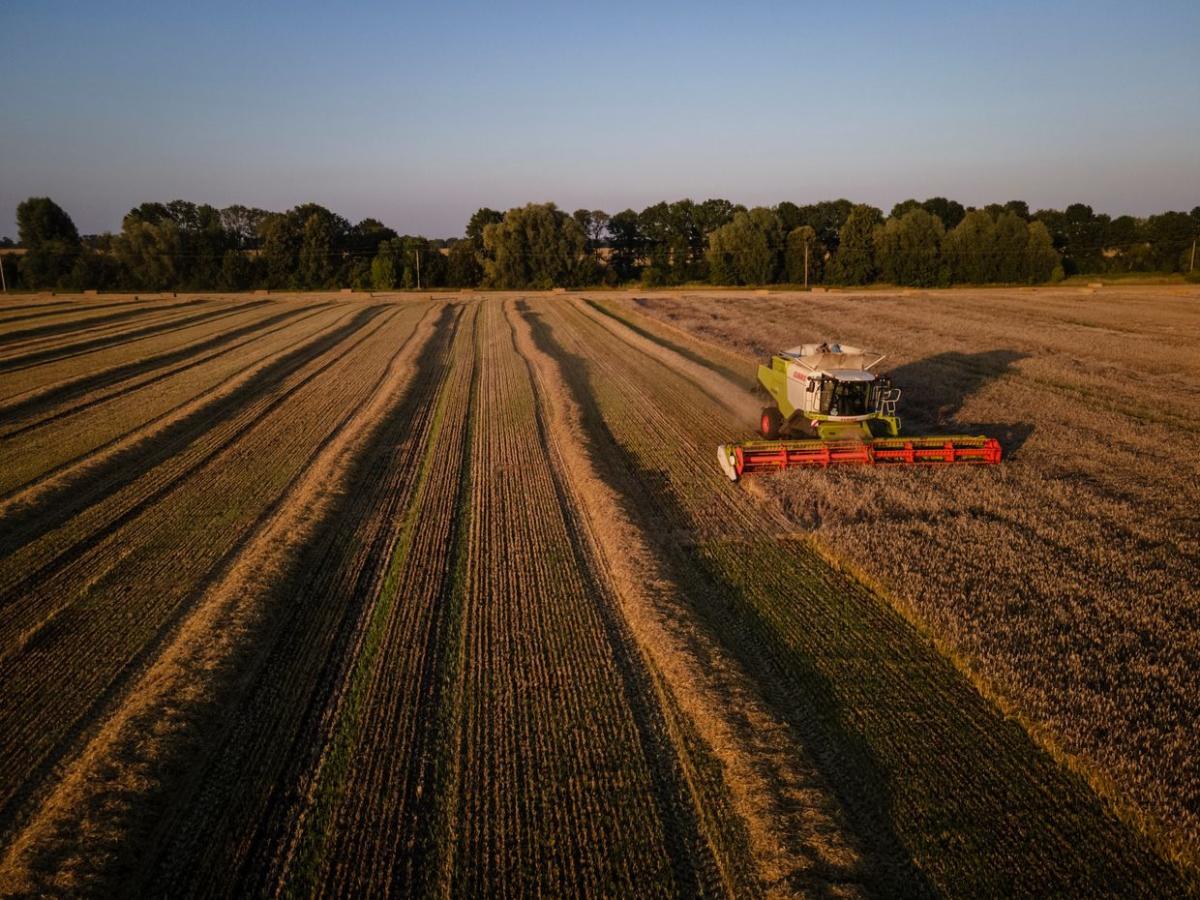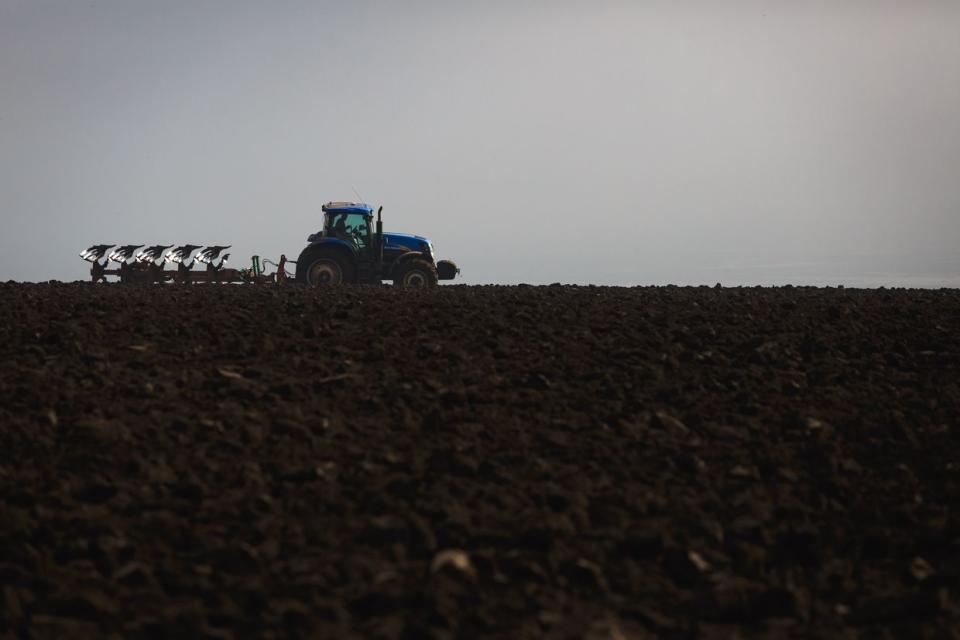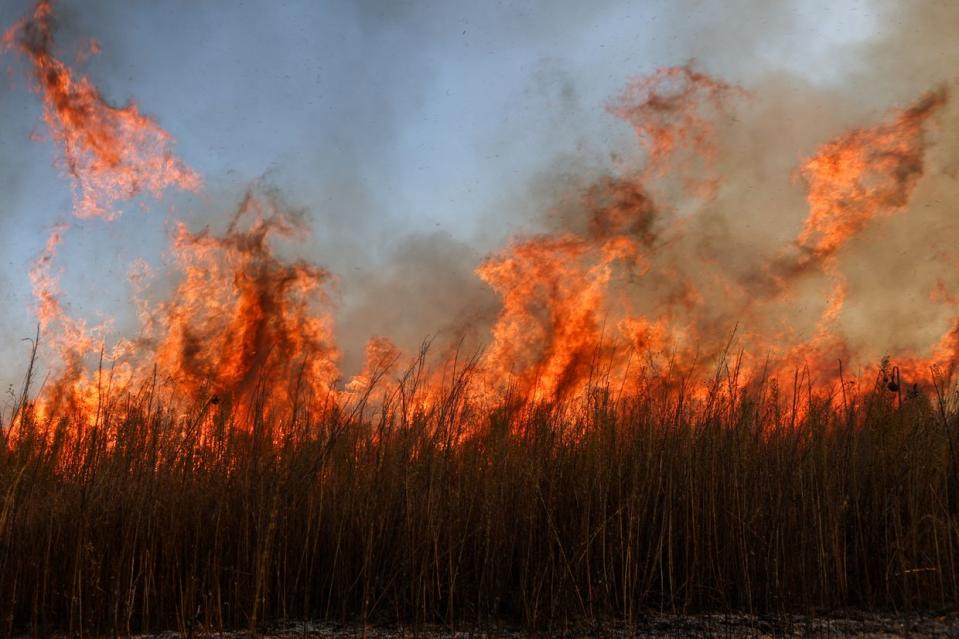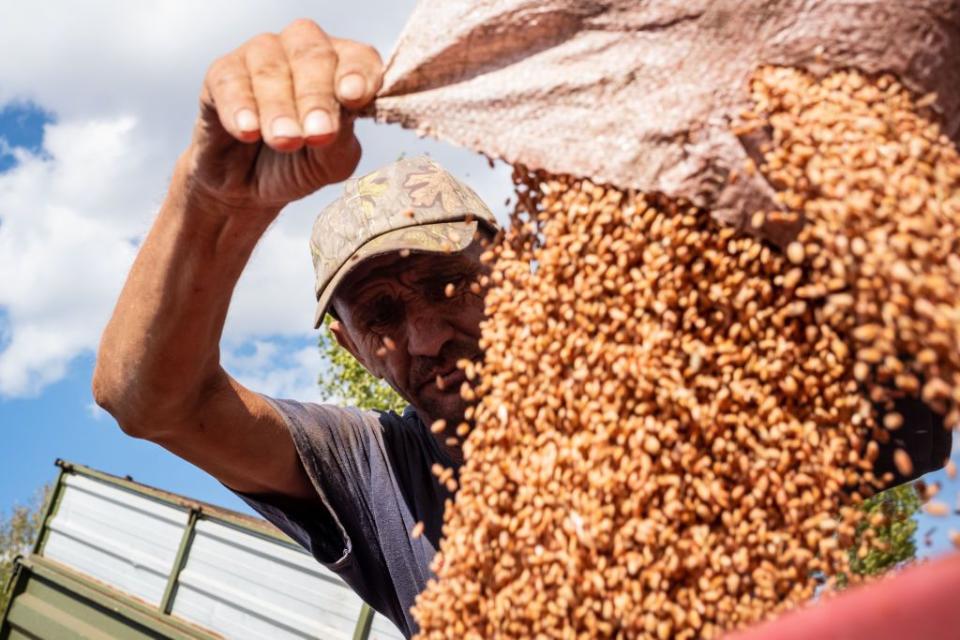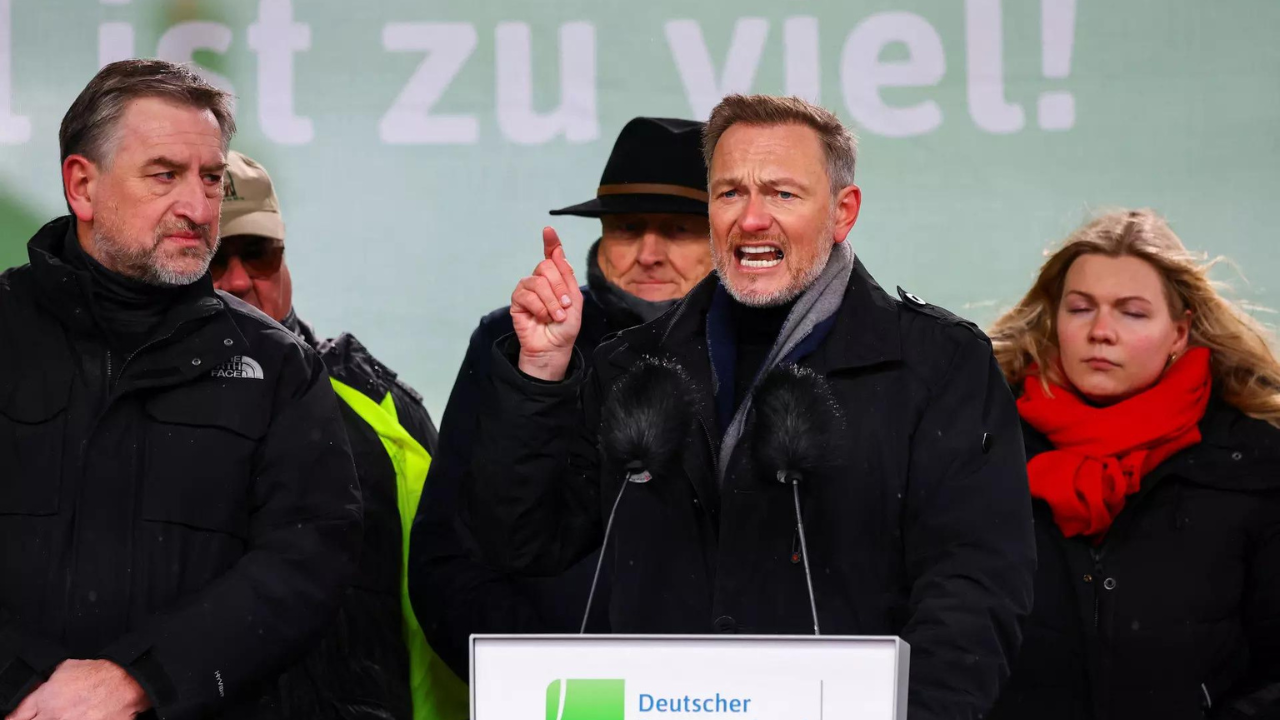As an ally of Ukraine, the United Kingdom has been an outspoken opponent of Russian aggression and moved first to provide Ukraine with tanks and long-range missiles.
As a participant in the multinational naval force working to neutralise the threat from Yemen-based Houthis to international shipping, it has raised its own military profile on the world stage.
“We’ve acted at the forefront of global responses to maintain regional stability,” UK Defence Secretary Grant Shapps said in a speech to Lancaster House on Monday.
In October, after the Palestinian group Hamas attacked Israel, the UK was among the first countries to send a Royal Navy task group, marines and surveillance planes off Israel.
Last December, after Yemen-based Houthis attacked international shipping in support of Hamas, the UK joined the US to lead the multinational Operation Prosperity Guardian in the Red Sea.
On Friday, that force struck Houthi military sites after the Houthis targeted HMS Diamond and US Navy vessels with 21 drones and missiles.
The UK used four RAF Typhoon FGR4s to drop Paveway IV guided bombs on two facilities, a site at Bani used to launch reconnaissance and attack drones, and the airfield at Abbs, used to launch cruise missiles and drones. “Early indications are that the Houthis’ ability to threaten merchant shipping has taken a blow,” said the Ministry of Defence in a statement.
The UK has been raising its military profile globally and its defence budget at home. Shapps said defence spending, already at 50 billion pounds ($63bn) this year, would rise to 2.5 percent of gross domestic product (GDP) as soon as possible, and he called on other NATO allies to follow suit.
The justification for the Red Sea action has been to protect global trade.
Some 15 percent of the world’s marine traffic passes through the Bab al-Mandeb Strait, which separates the Indian Ocean from the Reds Sea. From there it reaches Europe through the Suez Canal.
Among the most affected are container ships, bringing manufactured products from China to the European market.
When Moller-Maersk, the world’s largest operator of container ships, said it was diverting its vessels around Africa on January 5, it prompted other shippers to do the same. The diversion adds about 10 days shipping time, increases costs and could inflate prices. Maersk made its decision after Houthis attacked the Maersk Hangzhou on January 2.
Oil tankers have been the other large category of ships affected, since they use Suez to bring Middle Eastern oil to European refineries. One-third of the world’s oil is moved by Greek-owned ships.
“Greek tanker businesses have been monitoring the situation in the Red Sea for some time now – well before the most recent events,” an adviser to a Greek tanker operator told Al Jazeera, preferring to remain anonymous. “Incidents that were widely reported off Yemen in the last quarter of 2022 alerted everyone to the need to adopt a prudential stance.”
Not everyone in Europe has seen a similar need for the use of force.
“There’s a wider question about the extent to which this was legal self-defence under Article 51 of the UN Charter,” international relations professor at Panteion University in Athens Angelos Syrigos told Al Jazeera.
“Nothing … shall impair the inherent right of individual or collective self-defence if an armed attack occurs against a Member of the United Nations,” the article says.
“Italy is hiding behind the need for parliamentary approval [of military force],” said Syrigos. “France and Spain are saying, ‘We don’t want to solve this through force because that risks escalation,’” he said.
“It is a huge problem, it is a consequence of other [war] outbreaks. I would not like to open a third front of war at this time,” Italian defence minister Guido Crosetto told Reuters, in a reference to current conflicts in Ukraine and Gaza.
Crosetto has also called on Ukraine to open negotiations with Russia.
The risk of escalation is certainly present.
Both Hamas and the Houthis are armed by Iran. A third Iran proxy, Lebanon-based Hezbollah, has also threatened to attack Israel. And there is the risk of Iranian direct involvement.
On January 11, Iran seized an oil-filled tanker in retaliation for the confiscation by US authorities of a sanctioned Iranian oil cargo last year.
An escalation could be a significant military challenge. The Israeli army is still fighting Hamas after more than three months of bombing and commando operations. Hezbollah is said to possess 150,000 rockets. And the Houthis may still have powerful weapons. They attacked a US-owned ship three days after the punitive attacks by the US and UK.
The London-based International Institute of Strategic Studies believed Iran had provided the Houthis with Sayyad and Quds 800km (500-mile) range missiles as well as 500km (300-mile) range missiles with 300kg (660-pound) warheads.
“Although the Houthis have linked their campaign against shipping to the ongoing fighting between Israel and Hamas, the weapons were being provided by Iran well before the Israeli–Hamas conflict erupted in October 2023,” wrote the IISS’s Fabian Hinz in an IISS blog. “That suggests a strong, long-term Iranian focus on strengthening Houthi anti-ship capabilities and a potential attempt to export Iran’s model of naval coercion from the Persian Gulf and the Strait of Hormuz to the geopolitically important Red Sea and Bab el-Mandeb Strait.”
The UK has nonetheless determined that an advance defence is the best deterrent against possible future hostilities by other actors.
“The era of the peace dividend is over,” said Shapps, referring to the post-Cold War years. “In five years time, we could be looking at multiple theatres involving Russia, China, Iran and North Korea.”
“Ask yourselves – looking at today’s conflicts across the world – is it more likely that the number grows, or reduces? I suspect we all know the answer – it’s likely to grow.”
The UK is about to field 36,000 soldiers overseas – its highest number of land forces in 40 years.
There may be other reasons, too, why the British government is putting itself front and centre in the conflict.
“Britain considers that in the Middle East, it is still a great power … it is effectively saying, ‘I need to maintain a presence there and keep an eye on events because I know the region well,’” said Syrigos.
And the UK’s governing Conservatives face a general election this year. Polls conducted by Ipsos and YouGov late last year found that only a quarter of Britons held a favourable view of Prime Minister Rishi Sunak, with more than half viewing him unfavourably.
Whether the UK’s action in the Red Sea proves as popular as its forceful stance in Ukraine remains to be seen.

